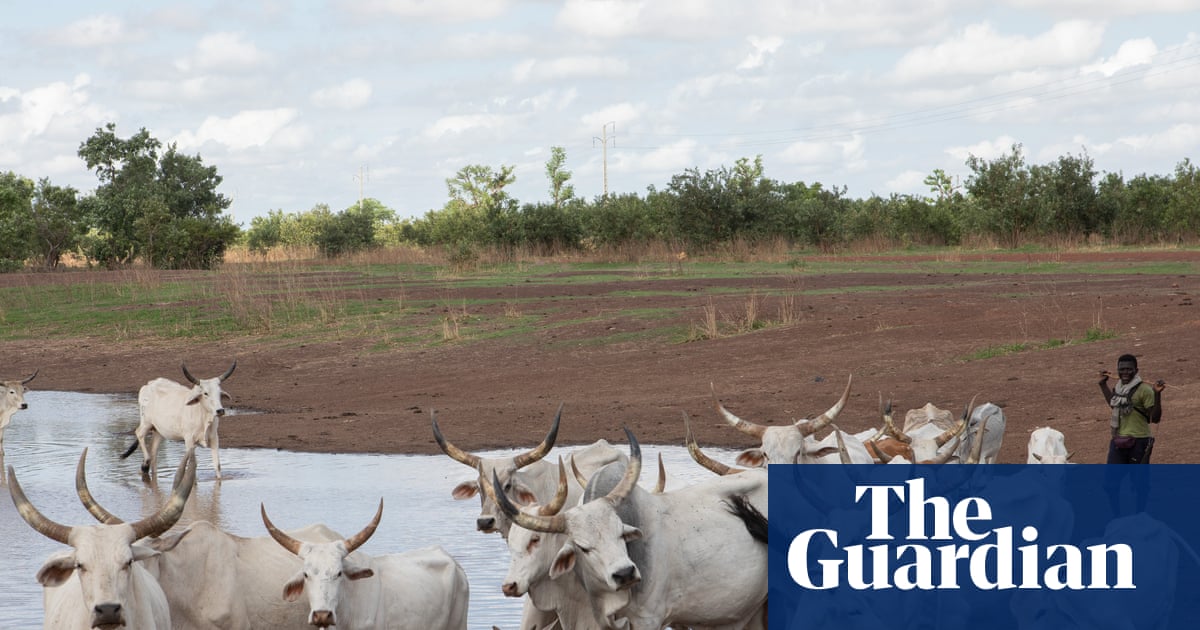
"Ibrahima Ka, dressed in flowing indigo robes, gathers his herd with those of his neighbours before a stretch of lush, untouched pasture. The bellowing, heaving and trampling of 350 impatient zebu cows behind a wire perimeter marks a break with centuries of herding tradition in Senegal, west Africa. Rather than roaming freely across the country's vast grasslands, shepherds tightly pack the herd together, confining them to graze in short, intensive bursts before being moved to a new plot."
"The idea that intense grazing can regenerate grasslands rather than accelerate their decline has been controversial. Initially, proponents argued it could help to solve the climate crisis through storing carbon in regenerated grasslands a claim with little scientific basis. Ka felt he had little choice but to experiment."
"A third of Senegal's pastures are degraded sparse, patchy grass, bare soil, few trees due to overgrazing and erratic rainfall caused by climate change, says Dr Tamsir Mbaye, who leads the Pastoralism and Dryland Centre in Senegal. Across Africa, 75% of drylands, or nearly two-thirds of the continent, are in a poor state according to the UN. This pilot is showing early, but promising, signs of regeneration."
Ibrahima Ka leads a mob grazing pilot in Thignol, Senegal, gathering 350 zebu cows in short, intensive grazing bursts and moving them between paddocks. The method aims to mimic wildebeest movements to protect animals and concentrate grazing to potentially regenerate grasslands. Claims that intense grazing could store carbon were initially controversial and lacked strong scientific basis, but evidence exists that the method can boost biodiversity and grassland health in dry areas. Local pasture degradation is reducing livestock condition and productivity. One third of Senegal's pastures are degraded and 75% of Africa's drylands are in poor condition. After 18 months, Ka reports the return of grass and insect species.
Read at www.theguardian.com
Unable to calculate read time
Collection
[
|
...
]